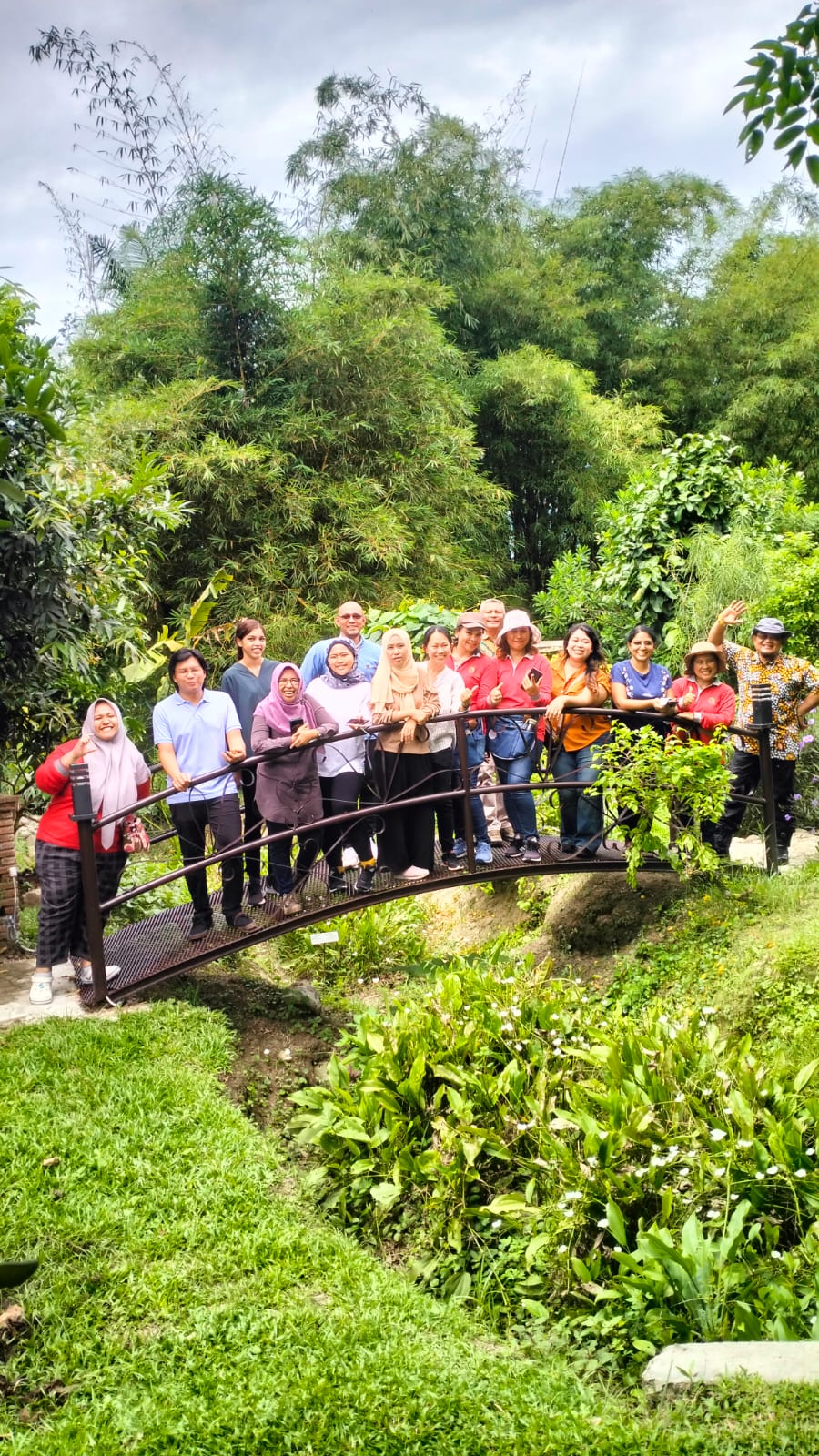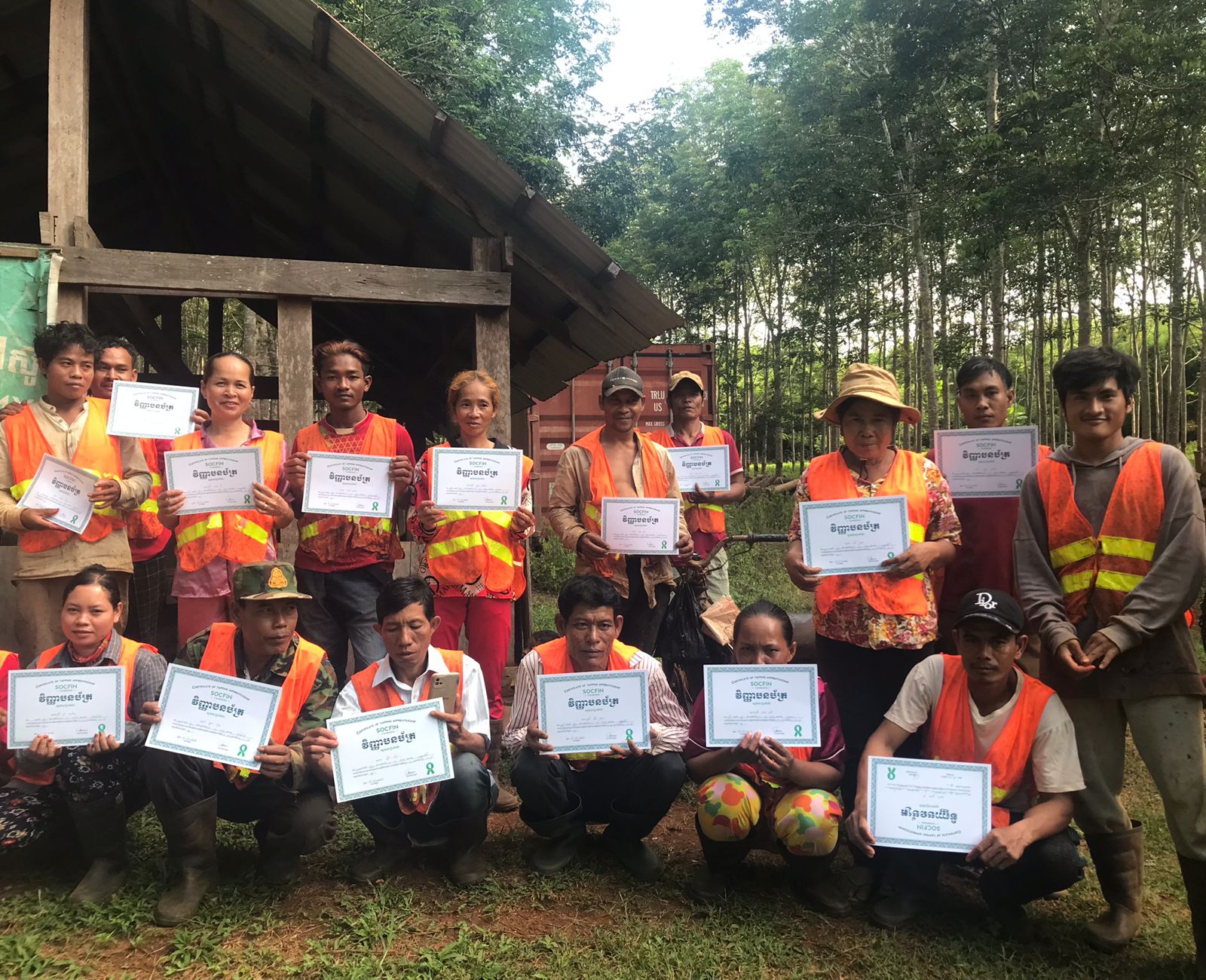Ghana
32.3
23 854 000 ha
200 000 T
Ghana
Once famous for its gold trade, Ghana was until recently the world’s largest cocoa exporter, before being ousted from this position by its neighbor, Côte d’Ivoire.
Compared to other West African countries, this relatively small country has a highly developed industrial sector. However, the decline in its GDP – from 13% in 2011 to less than 5% in 2013 – highlights the challenge the country is currently facing: energy crisis, currency depreciation, inflation etc.
To ensure its economic recovery, Ghana is directing its efforts towards export development and import reduction. Moreover, following the discovery of large offshore oil reserves in 2007, the country will soon be entering the market of…black gold.
- Palm oil
Ghana was the first country, followed by Malaysia, where the British established oil palm plantations in the 19th century. Although technically similar, African and Asian palm plantations subsequently developed in different ways. Today, palm oil is universally popular in Ghana. The refined oil is mostly consumed in the cities, whereas the crude oil is consumed in the countryside.
Government intervention in this sector during the last decade, with the support of the World Bank and the French Development Agency (AFD), aimed at increasing the country’s production so that it would meet domestic demand. Currently, Ghana is the 10th largest producer in the world and the 2nd largest producer in Africa, after Nigeria.
Since 2009, various actors in the Ghanaian palm oil sector have collaborated on the national interpretation of the 8 Principles and 39 Criteria of the RSPO (Roundtable on Sustainable Palm Oil).
- Rubber
In Ghana, rubber cultivation started in the late 1950s with the creation of the GREL plantation. This company was nationalized in 1960, before returning to the private sector in 1996.
In the east, a small rubber plantation established in 1971 is still under development.
With financial support from the Ghanaian government and the AFD, smallholdings are currently growing strongly.
As an important catalyst for development in remote areas, rubber cultivation enables the production of pure green energy: natural rubber is a substitute for synthetic rubber (a petroleum distillation product) and serves as a significant carbon sink.
LINK
Latest news
Dossier du mois : huile de palme
L’effet boomerang de la décision européenne A l’occasion du 5ème Sommet africain sur l’huile de palme & le caoutchouc qui se tient à Accra en cette fin avril, CommodAfrica, site d’information spécialisé sur l’agriculture en Afrique de l’Ouest et les marchés de...




